Hotel loyalty schemes can vary in value considerably. There’s rarely a blanket solution that’ll work for everybody. The hotel loyalty scheme you decide to use will largely be influenced by your travel patterns, locations, and budget. Personally, I’ve been using Accor for the last ten years. During that time, I’ve largely switched between ALL Accor Gold and Platinum status. This means I’ve often had to evaluate whether or not the extra cost of achieving Accor Platinum is worth it. In this article I’ll consider whether or not Accor Platinum is worth it or not.
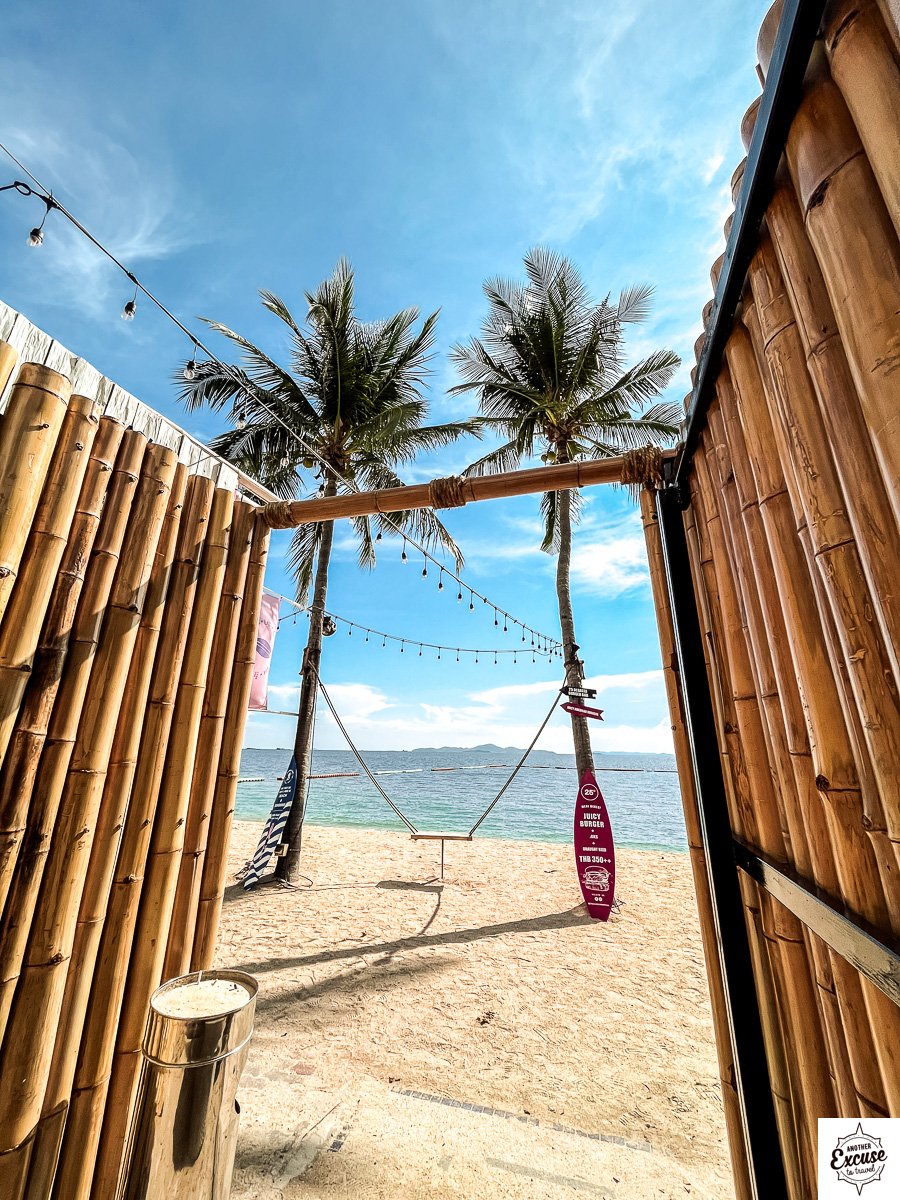
What is Accor ALL Platinum?
Accor rebranded its loyalty scheme in 2019. It’s now known as ‘Accor Live Limitless’ or ALL, previously it was ‘Le Club’. To be honest, not a lot changed with the relaunch. Platinum benefits were slightly enhanced by the change, arguably making Accor Platinum slightly more worth it. For example, suite night upgrade vouchers were introduced.
The biggest change though was probably the introduction of a new status level – Diamond. This is the highest level you can achieve and comes with some additional benefits. I’ve never reached this lofty height, and to be honest, I probably wouldn’t value the additional benefits. They’d be of minimal worth to me for the cost and effort it’d require. But as always, it’ll vary depending on how often you’re staying at an Accor hotel, and what you’re looking for from your status.
In this article though, I’ll largely focus on Accor Platinum. Until 2019, this was the highest level in the scheme and even after the changes, I tend to find that hotels recognise it very well. In other words, even though it technically isn’t the top level of status anymore, you can still expect to enjoy several benefits and additional services.
How do I get Accor ALL Platinum?
Accor doesn’t partner with credit card companies like American Express. This means you’ll need to get status the conventional way – by staying at Accor hotels. In many ways, this is a good thing – because hotels know you’ve achieved your status through nights and spending, they tend to value it more. Loyalty programmes like Marriot Bonvoy and Hilton Honors have a number of Gold members due to partnerships with the likes of Amex, this means benefits like room upgrades can be hard to secure. With Accor, this tends to be less of a problem.
There are two key ways to achieve Platinum status. The first is through spending, and the second is through nights stayed. If you plan to achieve status through spending, you’ll need to earn 14,000 Status Points. Accor states this is the equivalent of spending €5,600 over a calendar year. It’s a bit more complex than this, because the amount of Status Points you earn varies depending on the hotel chain you’re staying at. Accor’s calculation is based on staying at any participating brand, except Mama Shelter, Adagio, Adagio Access, Mantra, Peppers, Breakfree, Art Series, JO&JOE, greet, ibis and ibis Styles – all of which earn fewer Status Points, so you’d need to spend more cash overall.
The other method is through nights stayed. For Platinum, you need 60 nights. This is how I’ve always achieved Platinum with ALL Accor. This is largely because the majority of my longer stays are typically in South East Asia, or South America. In these locations, average nightly rates tend to be lower than in most of Europe or North America. It’s also simpler to calculate. A night in Ibis has the same value for status as a night at Sofitel, for example.
Is there a fast-track route to status?
There’s no way to automatically achieve status without spending a considerable number of nights at a participating hotel. There is a way you can speed things up though. Accor recently launched two subscription / frequent traveller cards. These are the ALL Plus Ibis Card (€99) and the ALL Plus Voyageur Card (€199). I’ve reviewed the ALL Plus Voyageur Card in detail, but essentially, both cards give you discounts on your stays and ‘free’ status nights.
Personally, I wouldn’t bother with the ALL Plus Ibis Card. Although it’s a little cheaper at €99 per year instead of €199, you’re getting far fewer benefits and I don’t think it’s a good value proposition. The ALL Plus Voyageur Card arguably holds a lot more value, but it depends on how many nights you’re planning to stay at Accor properties per year.
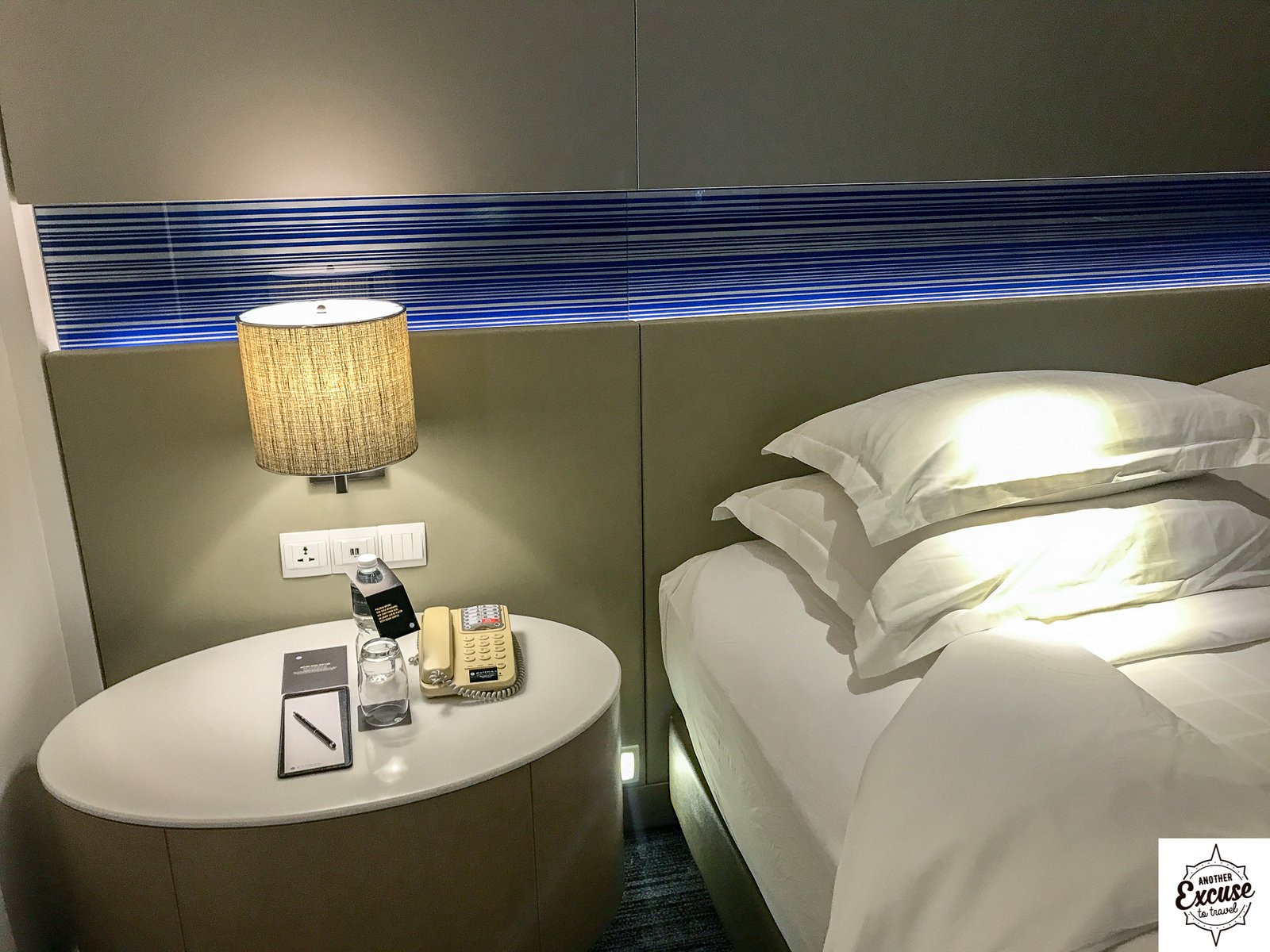
But how do these cards help with achieving Platinum status? Well, because of the bonus status nights. With the ALL Plus Voyageur Card, 20 status nights will be added to your account. This means you’ll ‘only’ need another 40 and you’ll achieve Platinum. It very much depends on your travel patterns, and how many nights you envisage staying per year when considering whether or not this is a good value option for you.
What are the benefits?
Accor ALL Platinum offers some pretty substantial benefits. These include:
- Complimentary room upgrade (subject to availability)
- Early check-in and late check-out (subject to availability)
- Guaranteed room availability (up to 2 days before arrival)
- Suite Night Upgrade (2 nights)
- Executive Lounge access
- Complimentary breakfast in Asia Pacific
- Welcome amenity
Are the Accor Platinum benefits worth it?
Often in the world of loyalty schemes, there can be a discrepancy between what is promised, and what’s delivered. Perks such as free upgrades, lounge access and suite night upgrades sound great, but it’s important to have realistic expectations. Of course, the value you attribute to each benefit will vary. For me, there are a few benefits I attach particular value to, these include:
- Room upgrades
- Early check-in / late check-out
- Lounge access
Room upgrades:
In my experience, room upgrades are a fairly consistent benefit. It’s worth noting that this only applies to midscale properties and above. If you’re staying at an Ibis, for example, you won’t be upgraded even on the rare occasions they have different room types. It’s anecdotal, but as a Platinum member, I am usually upgraded by at least two categories.
This is especially the case in South East Asia, where I’ve been upgraded from the most basic room type to a top-tier room or lower-level suite on quite a few occasions. For example, at the Novotel Kamala Beach in Phuket, I’ve frequently booked the cheapest room category, and then been upgraded, including to a villa with a private pool. Unfortunately, though, nothing is guaranteed. The upgrade benefit is according to availability, but in general, it’s rare that I don’t receive some sort of room upgrade.
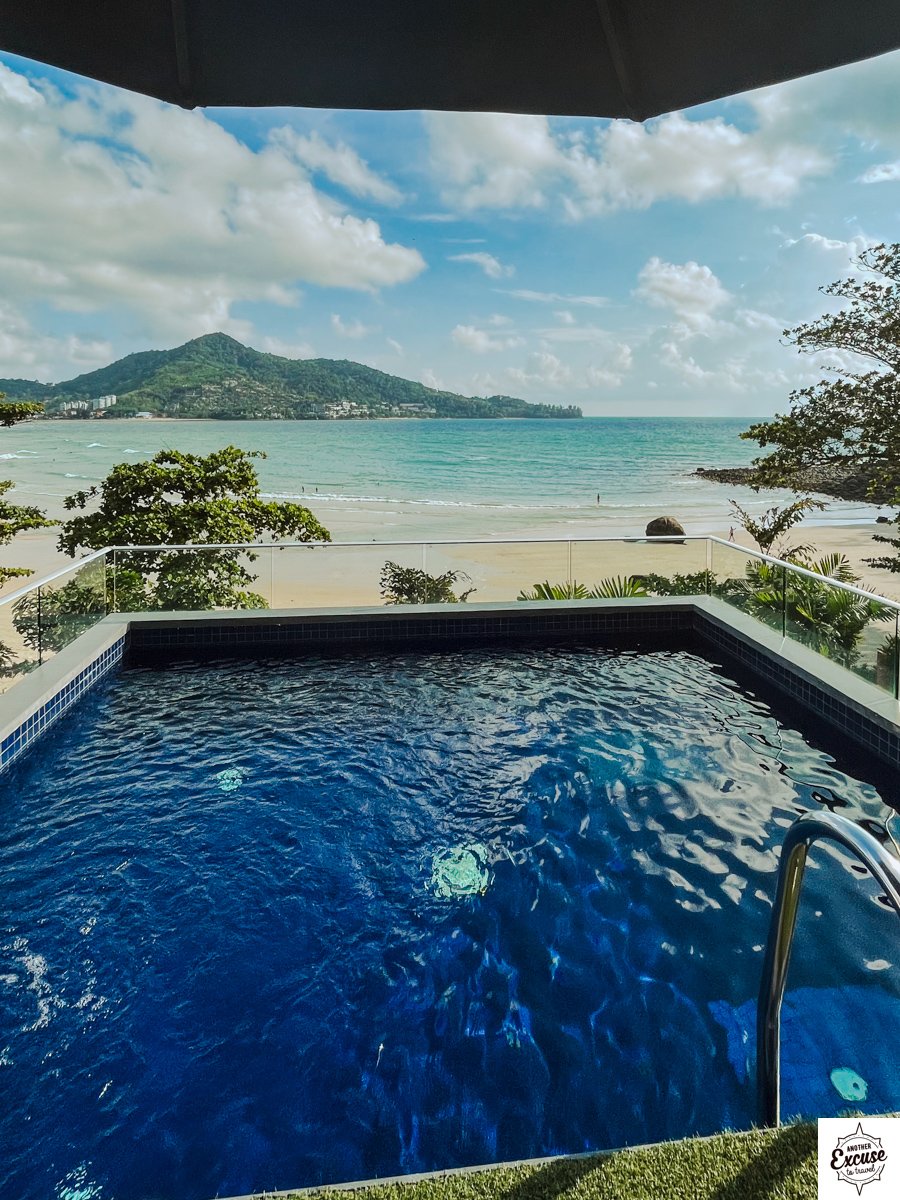
There’s also the suite night upgrade perk. Once you reach Platinum, you’ll see two suite night vouchers appear in your account. You can then use these to get a guaranteed suite upgrade. It can be managed online, but it’s less good than it first sounds. You can’t book the cheapest rate and then apply your voucher, instead, you’ll usually end up paying the rate for a room three categories down from the suite you’d like to book. In other words, it’s a saving, but with restrictions.
Early check-in / late check-out:
I also place a lot of value on early check-in and late check-out. Again, this is subject to availability, so you can never guarantee it’ll be honoured but most of the time I’m able to benefit. When it comes to late check-out, the amount of leniency can vary from a couple of hours extra, until well into the evening. Recently at the Ibis Mendoza I received a late check-out until 6pm, while at the SLS Buenos Aires it was granted until 5pm. In both cases, it was an incredibly worthwhile benefit.
Lounge access:
Finally, Platinum comes with lounge access as a benefit. In practice, this is less good than it sounds, largely because there aren’t many hotels in the Accor network with a lounge. Coverage tends to better in South East Asia but if you’re traveling in Europe or South America, there are hardly any Accor hotels with a lounge facility.
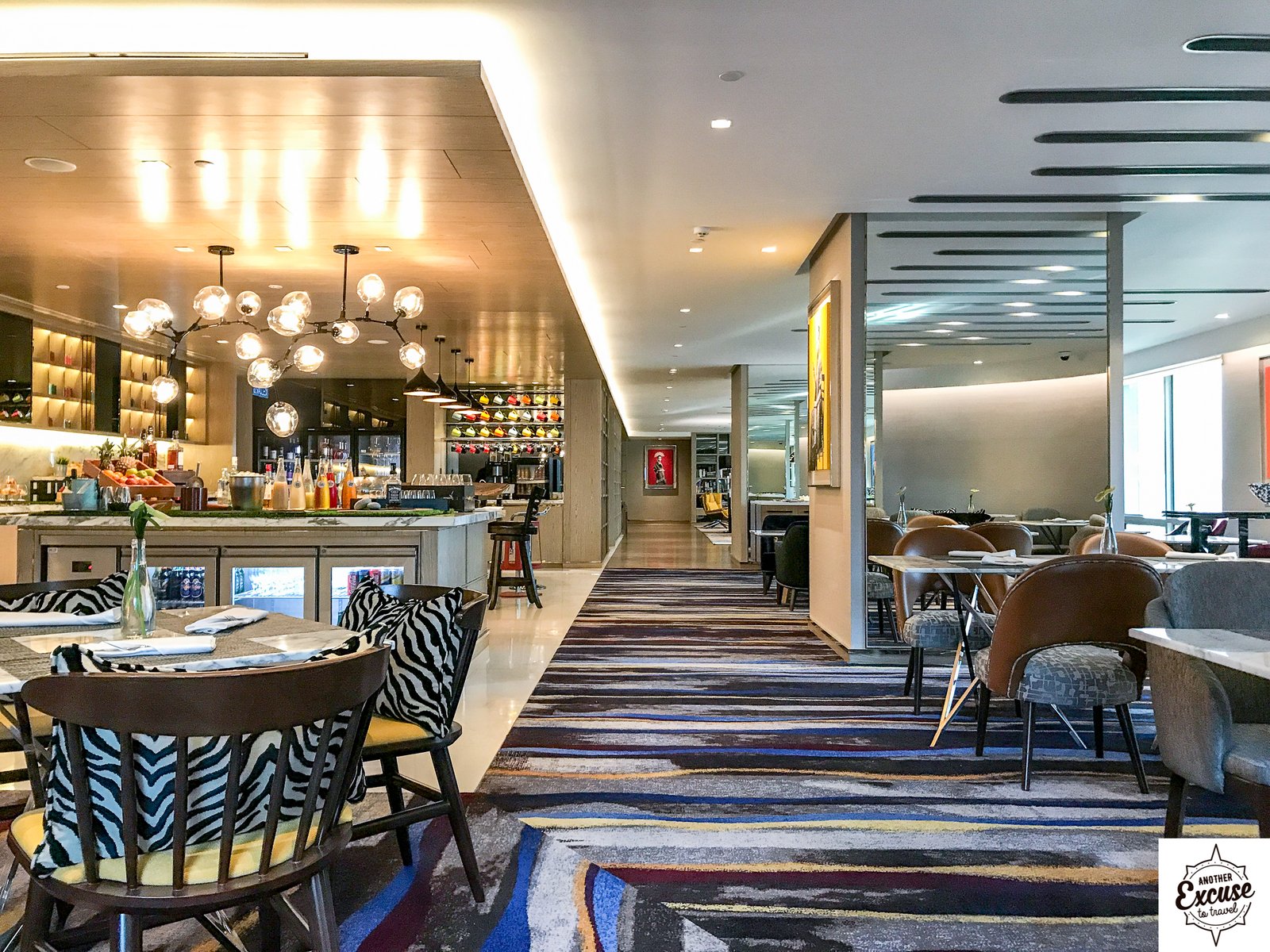
Where a lounge is available, they can provide great value. For example, at the Pullman Pattaya Hotel G and the Sofitel Krabi, I really enjoy being able to access the lounge. The evening drinks service is a really strong benefit. Often, there’ll be quite substantial snacks and canapes, as well as things like afternoon tea.
What about the other listed benefits?
Of course, many of the other benefits can also be useful. Complimentary breakfast is nice to have (primarily for the coffee!), but it’s limited to Asia Pacific, so it’s not always something I’m able to take advantage of. I rarely need to book a hotel at the very last minute, so I’ve only benefited from the guaranteed room availability perk once. To be fair, it worked well – but you’ll usually end up booking at a much higher rate than if you’d been able to organise everything well in advance.
In theory, the somewhat ambiguous-sounding ‘welcome amenity’ is also a nice perk. Unfortunately, the value of this varies a lot depending on the hotel you’re staying at. Levels of consistency are poor. Sometimes, it’ll be a solitary apple (I kid you not), while on other occasions it’ll be something more imaginative like a bottle of wine. Most of the time, it’s something in the middle. Nice to have, but not memorable, and certainly not a reason to aim for Platinum.
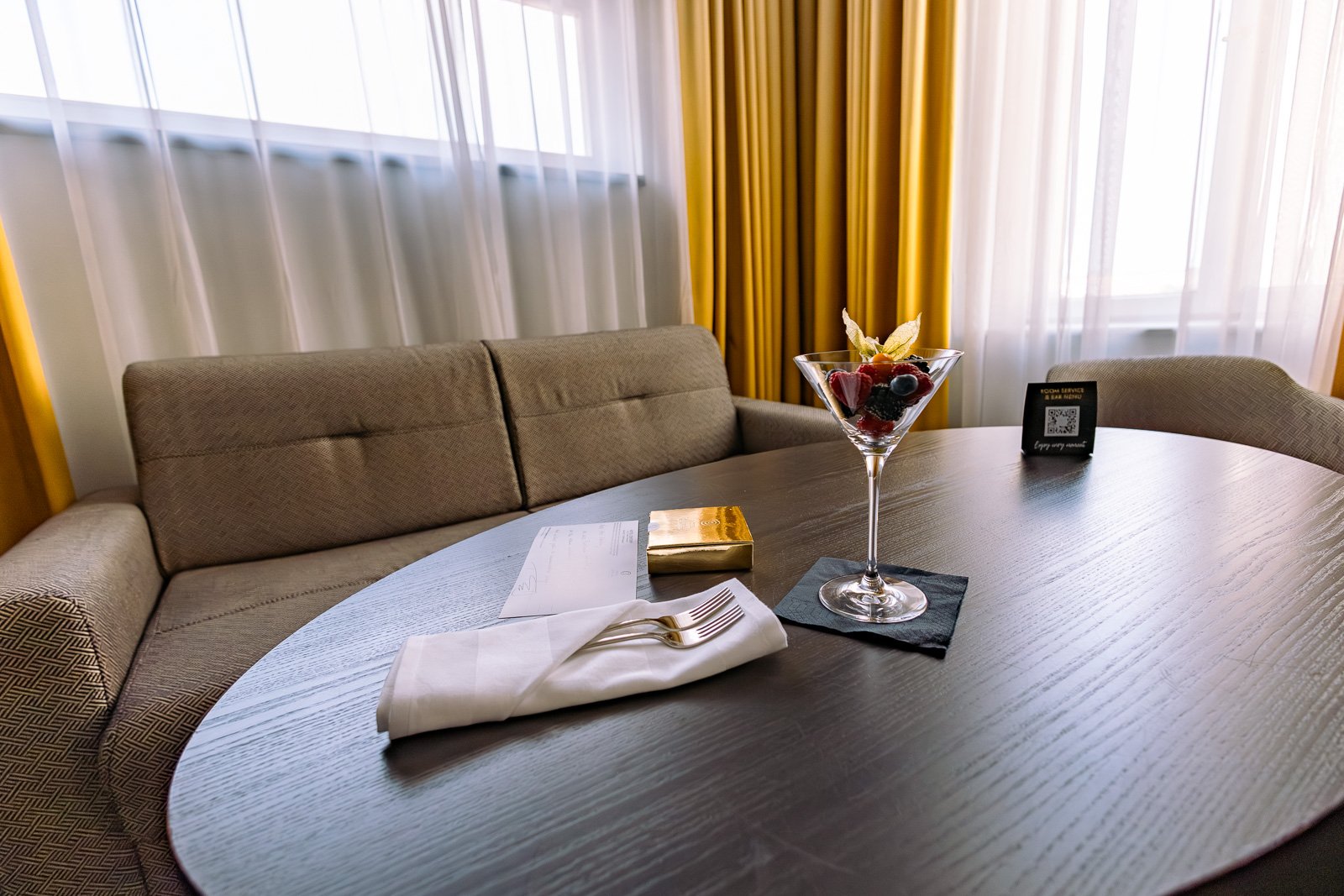
It’s also worth noting that if you reach Platinum you’ll earn more points for every stay. This benefit kicks in as soon as you reach Silver, with the bonus amount increasing for each status level. If you hold Platinum, this means you’ll earn 44 points for every €10 you spend at the majority of Accor brands. The exception to this is spending at Mama Shelter, Adagio, Adagio Access, Mantra, Peppers, Breakfree, Art Series, JO&JOE, greet, ibis and ibis Styles where the earning rate is slightly lower.
Remember, each 2,000 points you earn are worth €40 off a future stay.
Accor Platinum: Worth it?
So, the big question – is Accor Platinum worth it?
Well, much depends on your personal travel patterns, and how much value you’ll be able to obtain from holding Platinum status. If you’re planning a number of hotel stays over the course of the year, and Accor have properties in the places you need to stay, it can be excellent value. If you just stay occasionally, or primarily in budget brands like Ibis, not so much.
Much also depends on the areas of the world you’re planning to visit. Accor Platinum holds a lot of value in Asia Pacific. This is where you’re more likely to find hotels with a lounge. It’s also where you can enjoy perks like complimentary breakfast. It’s also the part of the world, in my experience, where you get the best upgrades.
That’s not to say Platinum isn’t useful in other locations too. Regardless of where in the world I’m staying, room upgrades and benefits like late check-out tend to be consistent. Hotels such as Novotel Madrid are good examples of properties where Platinum recognition and room upgrades tend to be good. It’s also important not to forget about benefits like the Platinum points bonus. This means you’ll earn points at a faster rate, and be able to make redemptions faster.
I tend to find hitting the threshold for Gold status fairly easy. I then make a decision based on my travel plans for the next year about whether I want to aim for Platinum. If I’m planning a longer trip to South East Asia, I’ll usually take the plunge and make an effort to earn Platinum. If not, I’m usually happy to stick with Gold for a year or so instead.



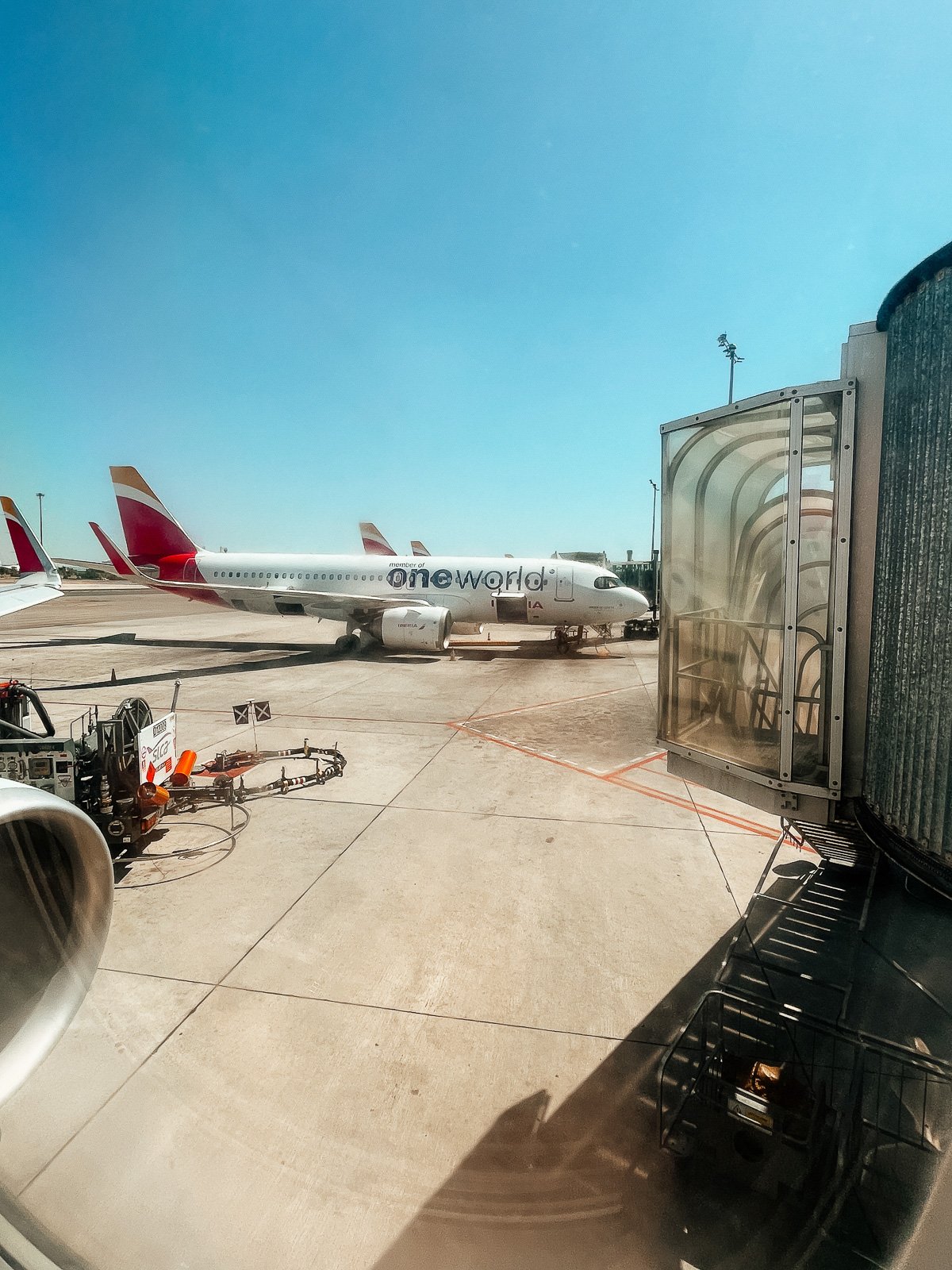
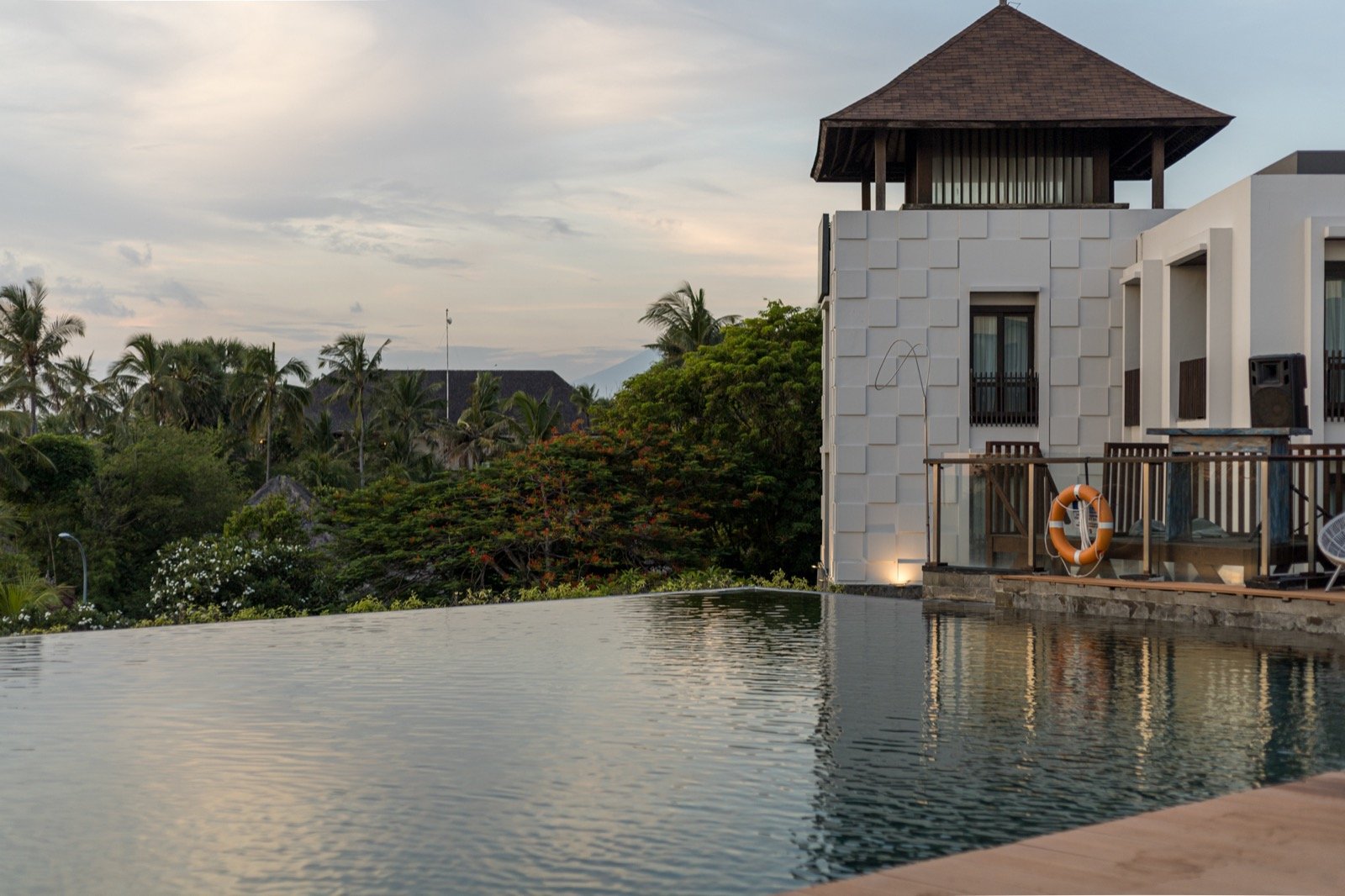
2 Comments
Ahmed
4 weeks agoPlatinum membership is very good. I enjoyed so many upgrades and late check outs more especially at Pullman Madina. Even the location of where to take breakfast is upgraded at Fairmont hotel in Makka.
My concern is booking for the month of Ramadan in Makka and Madina , no consideration is given to platinum members in terms of availability and cost
Novotel Mexico City Centro Histórico Review
6 months ago[…] Accor ALL Platinum status recognition was good. During the check-in process, I was informed that I’d received a room upgrade. I was also given a drinks voucher. […]